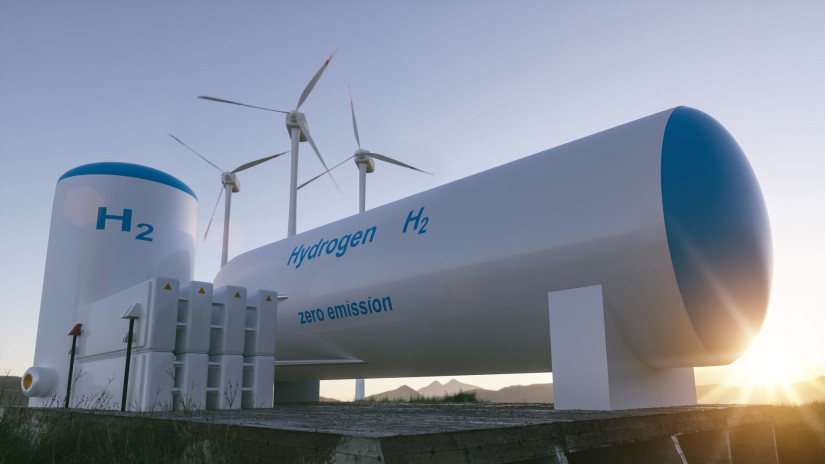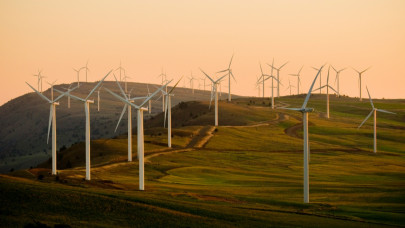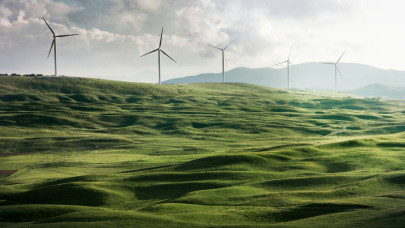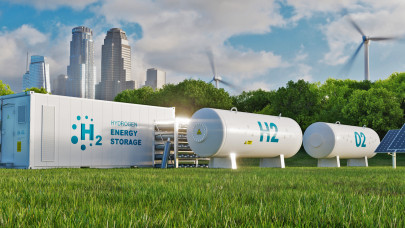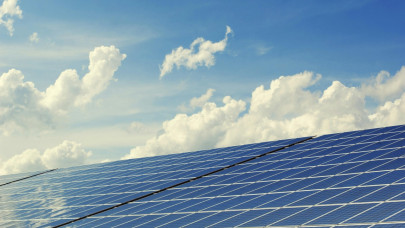According to the latest data from the Energy Regulatory Office (URE), these installations generated nearly 4.8 terawatt-hours (TWh) of electricity – an increase of more than 18% compared to 2023. The sector's rapid growth underscores Poland's evolving energy landscape and the increasing role of decentralized energy production.
Small renewable energy installations, defined by Polish law as units with a capacity between 50 kW and 1 MW, have proliferated across the country. By the end of 2024, 6,977 installations were operational – 1,357 more than the previous year. Simultaneously, the number of active producers rose from 3,025 to 3,761, marking an increase of over 24%.
The cumulative installed capacity of these systems surpassed 5 GW, reinforcing the sector's growing contribution to Poland's power supply.
Photovoltaic (PV) systems continue to dominate the small-scale renewables market. In 2024, they were responsible for over 3.6 TWh of electricity – accounting for 76% of total MIOZE production. PV installations now represent 82% of all small-scale renewable systems in Poland, making solar energy the undisputed leader of the sector.
Wind installations contributed approximately 0.6 TWh (12% of total MIOZE output), while hydroelectric plants and biogas installations each generated around 6%. Despite their presence, these technologies continue to play a secondary role due to technological and economic constraints.
The URE report also points to early signs of technological diversification. In 2024, Poland registered its first renewable hydrogen installation. While it did not produce any electricity by the year's end, its inclusion in the official registry signals a step toward a broader energy mix.
Meanwhile, biomass installations accounted for less than 0.3% of all MIOZE projects and produced just 15 GWh – a negligible portion of the total, but indicative of a sector still exploring alternative sources of renewable energy.
While the number of installations and total output grew, the share of electricity sold to obligated sellers dropped from over 80% in 2023 to just above 71% in 2024. This shift suggests that more producers are now choosing self-consumption or selling energy directly to third parties – likely a reaction to increasing electricity prices and the liberalization of the Polish energy market.
This trend could signal the beginning of a more flexible and market-oriented model of energy distribution among small producers.
The developments in 2024 mark a potential turning point for Poland's decentralized energy system. With rising energy costs and mounting pressure to decarbonize, MIOZE installations are poised for continued expansion. Regulatory innovation – such as the creation of a biogas producer register – could further stimulate investment and diversify the renewable energy portfolio.
Though photovoltaics remain dominant, future growth may hinge on the improved efficiency and viability of alternative technologies like wind, biomass, and hydrogen. The path forward will also depend heavily on regulatory clarity, financial incentives, and grid modernization.

